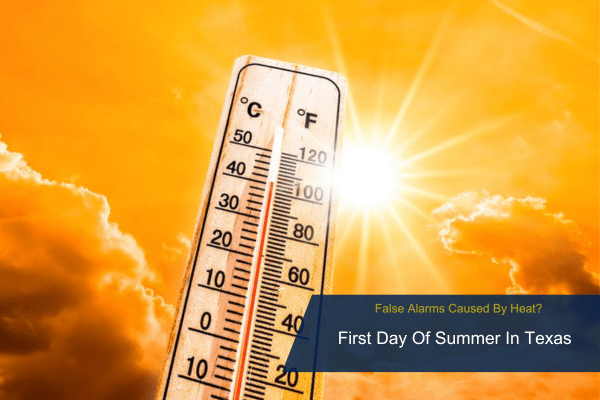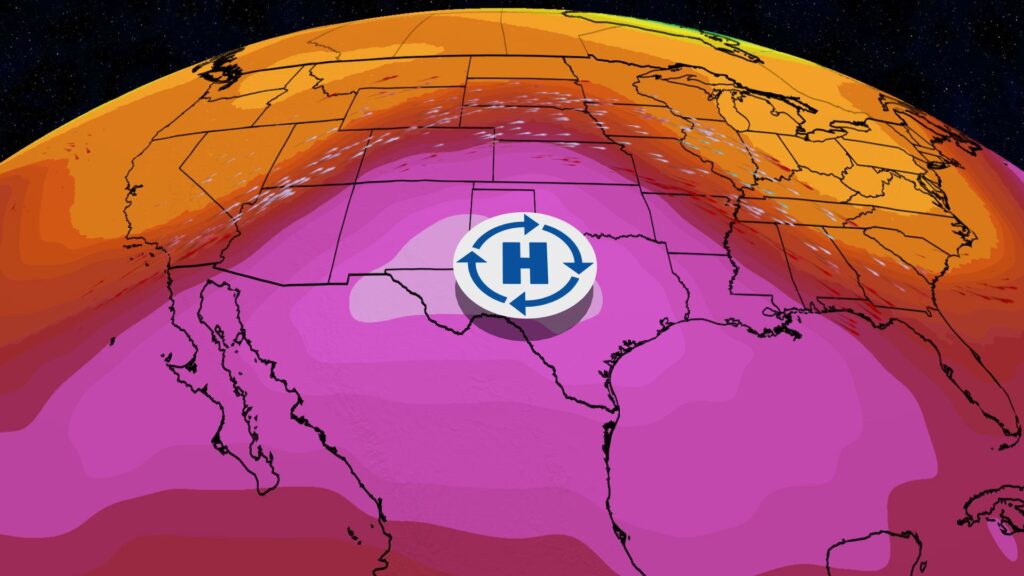
Summer Heat Causing False Alarms?
The first day of Summer in Texas is great news for those who want to get on their summer clothes and enjoy their holidays, but it may not always be best for some alarm systems. During the summer months, high temperatures and increased humidity can lead to a higher incidence of false alarms in security systems.

Causes of False Alarms Due to Summer Heat
Infrared Sensor Sensitivity – Infrared (IR) sensors in motion detectors are designed to detect changes in heat patterns. During hot weather, the ambient temperature can approach the body heat of humans or animals, making it difficult for the sensors to distinguish between background heat and actual motion. This can result in false alarms.
Environmental Factors – Heat waves, reflections from sunlit surfaces, and even moving shadows caused by trees or other objects can trigger motion sensors. Additionally, air conditioning units turning on and off can create sudden temperature changes that confuse sensors.
Increased Insect Activity – Summer often brings an increase in insect activity, and bugs can crawl over sensors, triggering alarms. Insects are attracted to the lights and the warmth emitted by the security devices.
Thermal Expansion – High temperatures can cause the materials in security devices to expand. This thermal expansion can lead to minor shifts or vibrations in the sensors, which might be interpreted as motion or tampering.

How to prevent seasonal false alarms?
Adjusting Sensor Settings – Many modern security systems, like alarm.com, allow you to adjust the sensitivity of motion detectors. Lowering the sensitivity during hot weather can reduce the number of false alarms.
Regular Maintenance and Proper Placement – Ensure that all components of the security system are regularly cleaned and maintained. This includes cleaning lenses and removing any cobwebs or insect nests around sensors.
Positioning sensors away from direct sunlight, reflective surfaces, and air vents can help minimize false triggers. Using shades or curtains to reduce the impact of sunlight on indoor sensors can also be beneficial.
Advanced Technology – Investing in security systems with advanced algorithms and machine learning capabilities can help reduce false alarms. These systems are better at distinguishing between actual threats and benign environmental changes. Sentry Security only uses the most advanced systems, if your system or sensors are out of date, contact us to learn more about upgrading your system.




Recent Comments